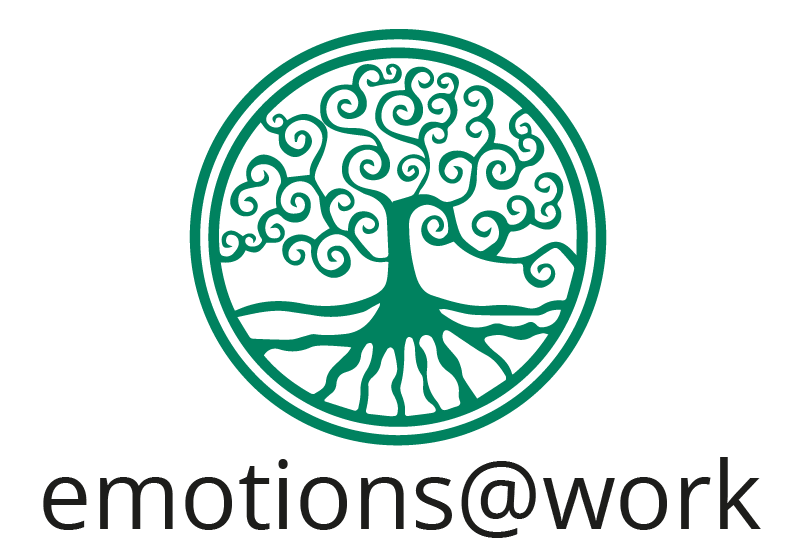Emotional intelligence practices can help individuals develop the resilience and positive mindset needed to transition from a fixed to a growth mindset. Cultivating skills such as assertiveness, stress management, and self-actualization give way to the depicted affirmations relating to a growth mindset.
Here are a few ways in which emotional intelligence practices can support this transition:
Self-Awareness
Emotional intelligence involves developing greater self-awareness of one’s emotions and beliefs. By becoming more aware of fixed mindset beliefs and negative self-talk, individuals can challenge and reframe these beliefs to adopt a growth mindset.
Self-Regulation
Emotional intelligence practices such as mindfulness and emotional regulation can help individuals manage negative emotions such as fear, frustration, and self-doubt, which can inhibit a growth mindset.
Empathy
Developing empathy towards others can also help individuals shift towards a growth mindset by fostering a sense of connection and community. By understanding the struggles and challenges of others, individuals can develop greater compassion for themselves and a willingness to take risks and try new things.
Here is how a growth mindset looks like
| GROWTH MINDSET | FIXED MINDSET |
| “Failure is an opportunity to grow” | “Failure is the limit of my abilities” |
| “I can learn to do anything I want” | “I am either good at it or I am not” |
| “Challenges help me grow” | “I don’t like to be challenged” |
| “My effort and attitude determine my abilities” | “My potential is predetermined” |
| “Feedback is constructive” | “When I am frustrated, I give up” |
| “I like to try new things” | “I stick to what I know” |
Shifting towards a growth mindset involves embracing a belief in one’s own potential. With time and practice, you can learn to overcome the beliefs linked to a fixed mindset beliefs and build a more resilient and growth-oriented mindset.

